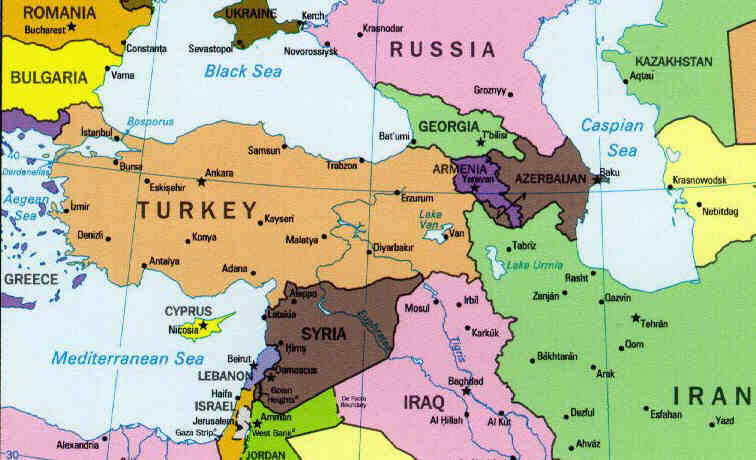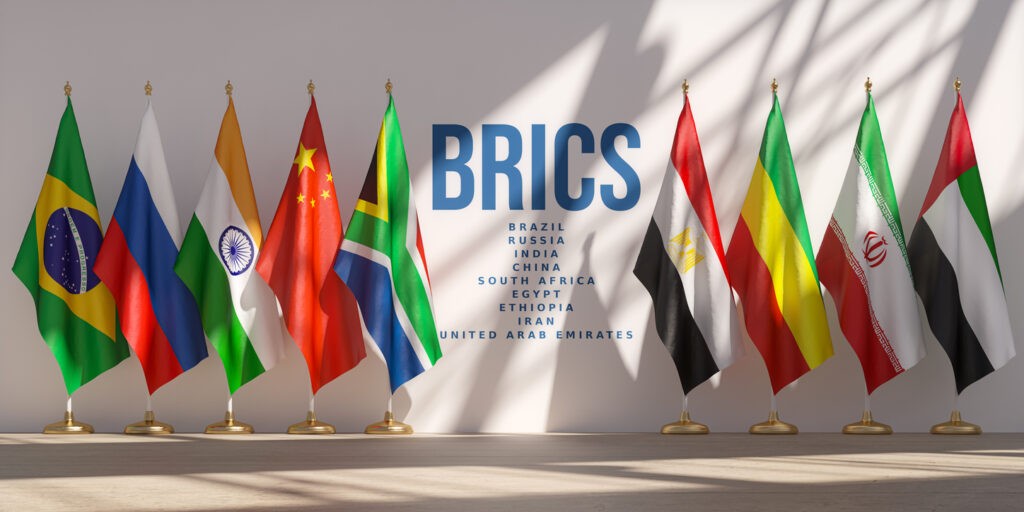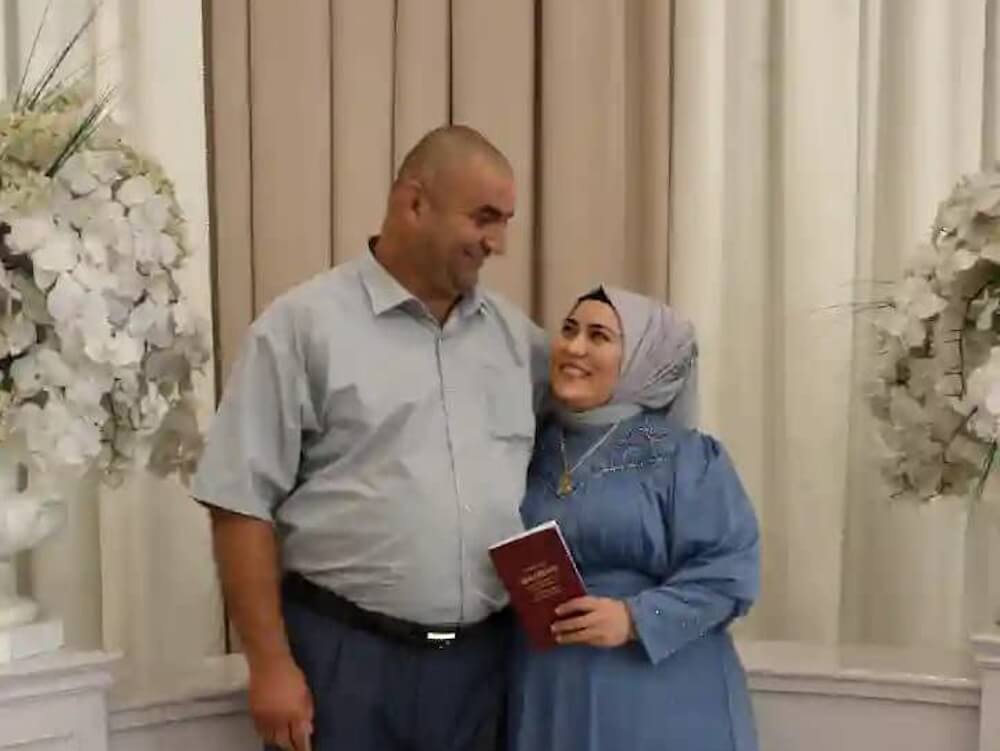BISHKEK (TCA) — Contradicting reports referring to the Turkish authorities have spread all over the media for more than a week following the deadly attack on an Istanbul nightclub. Even though IS has claimed responsibility it remains unclear who the perpetrator was and on whose behalf he acted.
First he was a Kyrgyz, but after almost a week of detention the authorities had to release their Kyrgyz suspect, admitting that he had nothing to do with the Istanbul nightclub attack. On January 6, the suspect changed identity and became an Uzbek national by the name of Abdulkadir Masharipov – said by police to be on the run. “Masharipov is accused of killing 39 people and wounding 65 others at the club, although some eyewitnesses have suggested there was more than one attacker. According to the investigation carried out by Istanbul Chief Public Prosecutor’s Office, it was determined that Masharipov has been in Turkey since 2011,” the Turkish national daily Milliyet reported.
Adding to the overall confusion, between the “Kyrgyz connection” and the “Uzbek” one, a third explanation came on January 4. “Turkish police said they believe the Islamic State (IS) terrorist who killed 39 people during an attack on an Istanbul nightclub on New Year’s Day is a Chinese Muslim who moved to the country in November after being trained in Syria,” the Chinese English-language daily Global Times wrote on January 4 referring to Turkish media. If the theory of an “Uyghur connection” holds (which remains questionable given the overall confusion within Turkey’s security and justice apparatus), the geopolitical consequences could be extremely embarrassing for Turkey and its head of state given the fact that in the past “For many years, Pres. Erdogan has supported the Uygurs’ claims of oppression by the Chinese government. Pres. Erdogan has made speeches in which he compared the Uygur people to the ancestors of the people of Turkey,” a newsreel called 21st Century Wire wrote on January 7.
It should be noted here that the kind of “terrorism” originating from China’s Xinjiang has specific roots, different from any other violent organization. The Uyghur society is divided into a number of “spiritual” lodges the impact of which on the community as a whole stretches much further. Among them the Yihewani (from Arabic Ikhouan – “brotherhood” not to be confused with the Wahhabite movement on the Arabian Peninsula and in northeast Africa), Qadim (Gedimu), and Xidaotang are the most influential. They are more than just sects, and could be compared with the Kyrgyz Uruklar, the societies of citizens based on personal vows and loyalties in contrast to the Kanatlar or tribal units, which were family-based. Among the Kyrgyz, the Uruklar coexist with the Kanatlar; among the Uyghur, the former tends to prevail over the latter when sides need to be taken.
The division between the lodges is recognized in the different ideologies of various “independence” movements among the Uygur. On the “moderate side one finds the East Turkestan Liberation Organization (ETLO) which is regionally known as Hizb ut-Tahrir, “Party of Liberty”, and considered a terrorist group not just by China, Russia and the former Soviet republics of Central Asia but also by Australia and a number of European countries. Nevertheless, the Hizb operates without hindrance in the UK, while institutions such as the East Turkistan National Freedom Center, the East Turkistan Government in Exile and a number of “study centres” are closely connected with the ETLO and the Hizb, yet operate freely in the USA.
All of these profess a “secular” independent republic of Turkestan (Xinjiang) while their Islamic counterpart has far more dangerous connections. The East Turkestan Islamic Movement (ETIM), which has claimed responsibility for attacks in Xinjiang, has been identified as a terrorist organization by the governments of China, Kazakhstan, Pakistan and the United States, as well as the United Nations. Whereas the Qadim Uruk is thought to be the main force behind the ETLO, most of the ETIM’s ranks are supposed to be filled with adherents of the Yihewani.
It appears that “President Erdogan feels there is a close historical and ethnical tie between modern Turkey and the Uyghur people. In a speech, President Recep Tayyip Erdogan stated that ‘Eastern Turkestan is not only the home of the Turkic peoples, but it is also the cradle of Turkic history, civilization, and culture. The martyrs of Eastern Turkestan are our own martyrs’,” the 21st Century Wire wrote in its report.
The report reads further down that “The Turkistan Islamic Party (TIP) is the Radical Islamic political group made up of Uyghur people… Since 2001, TIP has been affiliated with Al Qaeda. The ground battlefield leaders of TIP in the Idlib province of Syria are Abu Rida al-Turkestani, and Ibrahim Mansour. In 2013 TIP aligned itself with Jibhat al Nusra, a terrorist group in Syria which is on the US list of outlawed terrorist groups.” The latter is believed to be a branch of Al-Qaeda, and rival and ally at the same time of Daesh.









